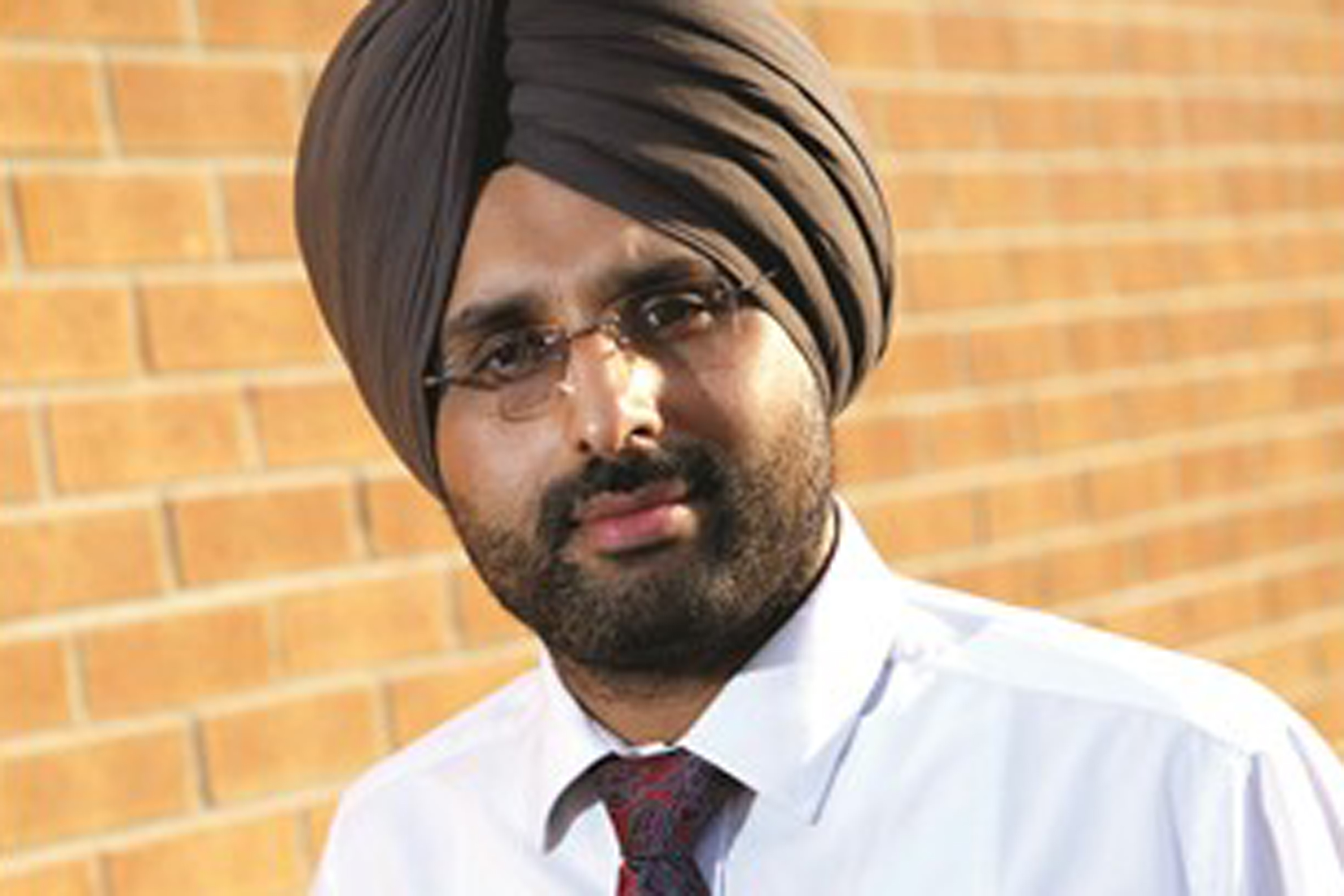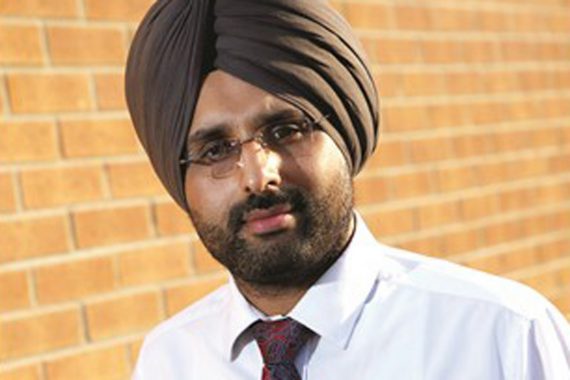
The NHS is facing unprecedented recruitment challenges. You must be sick and tired of hearing this and so am I, but sadly, it is true.
Such times of recruitment pressures have usually led to the easing up of the immigration rules to allow international medical graduates (IMGs) to enter the system. Currently, one third of the total workforce is comprised of IMGs, but UK visa policies have never been in sync with the needs of the NHS, nor have the workforce planners proactively addressed this issue.
It took a lot of pressure from the trusts and leading various organisations to scrap the monthly cap, due to which hundreds of doctors had this visa applications declined, at a time when hospitals have been reeling under severe recruitment pressures.
It also must be noted that the visa procedures are far more onerous and restrictive with regards to immediate family or dependents than other countries, such as Australia, Canada and the USA. This leaves the UK at an inherent disadvantage. There is utter chaos in the system and the country is sending very mixed messages.
The new immigration system being proposed appears to take a softer approach, as it takes doctors out of any visa cap, and doctors are exempt from the immigration targets.
The needs of the NHS and public must be treated outside the remit of populist immigration policies
The new GP contract deal lays more emphasis on recruiting more GPs from abroad, and the commissioners are aggressively pursuing recruitment from overseas.
Similarly, a medical training initiative, a scheme which allows non-EU doctors to come and work in UK for a limited period, is also being expanded and duration planned to be increased from two to three years. This scheme, which appears to be beneficial for all, is not benefitting general practice, and is completely focused on secondary care.
On one hand, politicians emphasise the contribution of overseas NHS staff. On the other hand, the Government has also doubled a health surcharge on overseas workers, including doctors and nurses, coming to work in the UK. This has been met with dismay and protest, and the current home secretary has failed to acknowledge the issue.
On the ground, it is an uphill struggle for practices to be able to tick all the requirements and the bureaucracy as needed by the Home Office to act as sponsors. There have been concerns that many such potential recruits may have been lost due to grossly unhelpful regulations from the Home Office.
The anti-immigration narrative around Brexit has been harmful for the morale of the overseas work force, and we have seen many leave the NHS.
The role of the migration advisory committee, an independent body that advises the Government, especially around occupations that go into the shortage category list, has to be questioned too. It is simply shocking to see that general practice still is not on the shortage occupation list, despite the BMA and RCGP calling for this many times. At a time when patients are having to wait weeks to see their GP, and practices are closing down or handing contacts back, what other evidence does the MAC require?
It is high time there is a joined-up approach by the Department of Health and Home Office. There needs to be a joint forum and the needs of the NHS and public must be treated outside the remit of populist immigration policies. We need to have a much more dynamic and humane approach to those who come to care for us.
Dr Kamal Sidhu is a partner at Blackhall and Peterlee Practice and New Seaham Medical Group; vice-chair at South Durham Health Community Interest Company; and vice-chair at County Durham and Darlington LMC. He writes in a personal capacity.

















